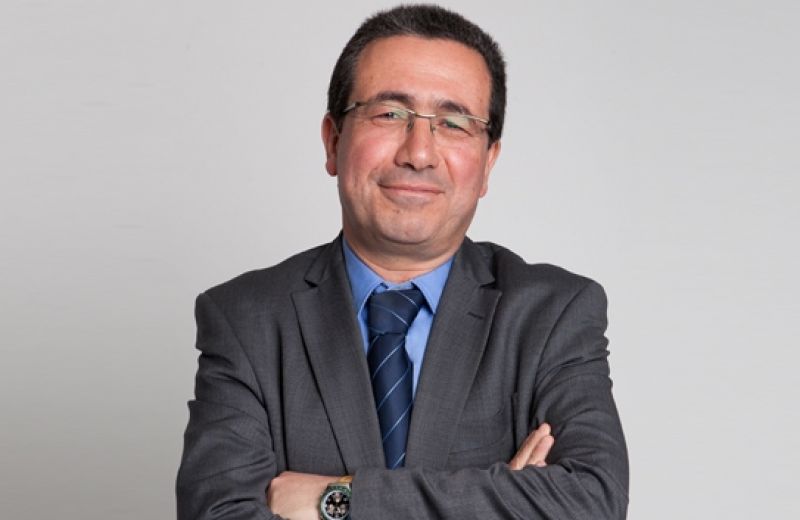
The Covid-19 crisis expanded global diplomacy’s soft power toolbox. The absence of effective international cooperation in fighting the virus, in large due to a lacking American leadership and erosion of multilateral organization – another characteristic of Trump’s presidency – has created a new model for increasing regional influence: through distributing vaccines to other countries.
The two countries leading this new mode of diplomacy are China and Russia, which are both trying to market their homegrown vaccines to, mainly, developing countries lacking the resources to obtain vaccinations or to countries that have yet signed agreements with western vaccine producers. China vigorously acts for obvious reasons: by delivering vaccines to developing African countries, and recently to developed countries also, china gains valuable credit points which will translate in the future to economic and political currency. Understandably, China also gains favorable public opinion coverage. China also joined the WHO’s COVAX initiative intended to assist in vaccinating developing countries. This comes at the backdrop of the US withdrawal from the WHO under Trump, and Biden’s announcement of its return. It was recently reported that Israel is harnessing the vaccines as a tool in its diplomatic toolkit, sharing the vaccines, according to reports, with a few countries. Among them, are countries that are intending to move their embassies to Jerusalem, such as Guatemala, Honduras and the Czech Republic.
The discourse of recent years, which weighs almost every issue in terms of utility, has pushed aside moral-social arguments and justifications which are perceived as testimonies for weakness instead of strength
However, what about the Palestinians in the West Bank? Does Israel need to ensure their supply of vaccines (not only to the Palestinian workers in Israel)? If so, after we established that “charity begins at home”, Israel must assist the Palestinians regardless of the vaccine diplomacy. Why is that you ask? For four main reasons: First, morally, after Israel ensured the needs of its citizens, it is appropriate that Israel helps its neighbors under its control, or at least under its influence, to deal with a global pandemic. It is in a time of need, that the true character of a country and a society is exposed. When it comes to the Gaza Strip, some have created a linkage between supplying vaccines in return for the Israelis held by Hamas. However, Aviram Shaul, the brother of the fallen soldier Oron Shaul who is still in the hands of Hamas, explained very well that Israel has a moral, religious and health-related interest in supplying vaccines to Palestinians in the Gaza Strip regardless.
Secondly, Israeli courts have clarified before that Israel has a legal obligation to take care of a population under its control. Once in regard to providing gas masks to Palestinians during the first Gulf War and second in regard to preventing a humanitarian crisis in the Gaza Strip. Some will also forcefully argue, with a great deal of justice, that the international law obliges Israel to do so.
Thirdly, from the point of view of ensuring the health of the Israeli public, it is necessary to vaccinate our neighbors with whom we interact. After all tens of thousands of Palestinian workers enter Israel and return to their family and environment daily and as we all know, the borders between us and Judea and Samaria are not sealed.
Fourthly, from a public relations point of view, it is clear that sharing vaccines with the Palestinians will serve Israel well in the international arena, both against public opinions and governments. The necessity of public diplomacy is well illustrated by the joke told on Saturday Night Live’s news parody, “weekend update”, that “Israel is reporting that they’ve vaccinated half of their population, and I’m going to guess it’s the Jewish half”.
The discourse of recent years, which weighs almost every issue in terms of utility, has pushed aside moral-social arguments and justifications which emphasize the necessity of values such as social solidarity, shared responsibility and the like. These, are perceived as testimonies for weakness instead of strength and righteousness. These notions are indeed discussed around the world, but it is precisely Israel – which often praises its capabilities and virtues to all of humanity to see – who must from time to time look at crises and epidemics with more humane eyes.


